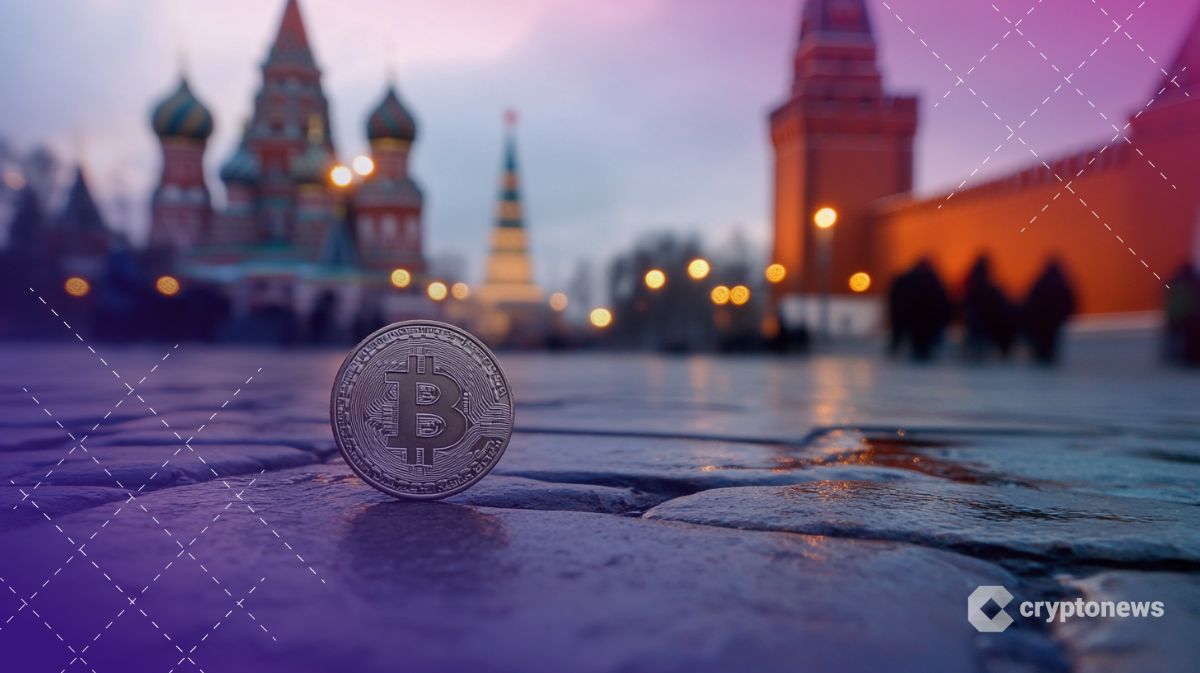
San Francisco-based crypto lender Divine Research is extending thousands of unsecured loans to borrowers across the globe, verified not through traditional IDs but with a scan of their eyes.
The startup says it has issued around 30,000 short-term loans since December, the Financial Times reported Sunday. To identify borrowers, it uses World ID, the iris-scanning identity platform developed by OpenAI CEO Sam Altman’s crypto venture, Worldcoin.
The loans, mostly under US$1,000, are paid out in USDC, a dollar-pegged stablecoin issued by Circle.
The loans are aimed at underserved individuals, often in developing economies, who struggle to access credit through traditional banks.
“We’re loaning to average folks like high-school teachers, fruit vendors… basically anyone with access to the internet,” said Divine founder Diego Estevez. “This is microfinance on steroids.”
Divine Pilots Lending Model in Inflation-Hit Argentina
Each borrower must scan their iris through a World ID orb to verify their identity. The system is designed to prevent defaults by blocking users from taking multiple loans under different identities.
Even so, Estevez admits that default rates on first-time loans hover around 40%. Fixed interest rates of 20% to 30%, along with reclaimable Worldcoin tokens, help offset these losses.
Divine’s approach has been piloted in Argentina, where years of inflation have made access to stable-dollar credit particularly attractive. Estevez said most borrowers had little or no prior experience with crypto before joining the platform.
Liquidity is provided by individual depositors, many of whom are drawn by the high yields. “We’ve engineered the system such that after accounting for default rates and the [interest] rates on offer, providers will always make a profit,” he said.
Unsecured Crypto Lending Returns After 2022 Collapse
Divine’s rise comes as unsecured crypto lending begins to re-emerge, three years after the 2022 market crash that saw major lenders like Celsius and Genesis collapse.
At the time, retail-funded lending platforms failed to return deposits as falling token prices triggered massive defaults. Celsius CEO Alex Mashinsky was later sentenced to 12 years in prison, while Genesis paid a $2b settlement to resolve investor fraud allegations.
Divine’s peers are also testing the waters. A platform called 3Jane, backed by crypto venture firm Paradigm, is issuing uncollateralised USDC loans on Ethereum. While it requires proof of bank or crypto assets, it does not demand collateral.
Defaulted loans are sold to US debt collectors. 3Jane is now developing AI-powered lending agents designed to follow debt terms automatically, potentially reducing risk.
Unsecured Crypto Loans Gain Traction Despite Niche Status
Although still a niche segment in the multibillion-dollar crypto lending market, unsecured loans are gaining attention amid growing investor appetite. Larger players like Coinbase and Tether continue to dominate collateralised lending.
Meanwhile, Wall Street is entering the space cautiously, with firms like Cantor Fitzgerald launching bitcoin-backed financing arms.
Divine’s model sets itself apart with its use of biometric verification and its focus on small, global borrowers.
For now, the company is betting that a combination of eye scans, high interest rates and yield-hungry depositors can make unsecured crypto loans work, even in a market still haunted by its past.






